Workshop on Synthetic Biology for Molecular Imaging in Cancer (Speaker Bios)
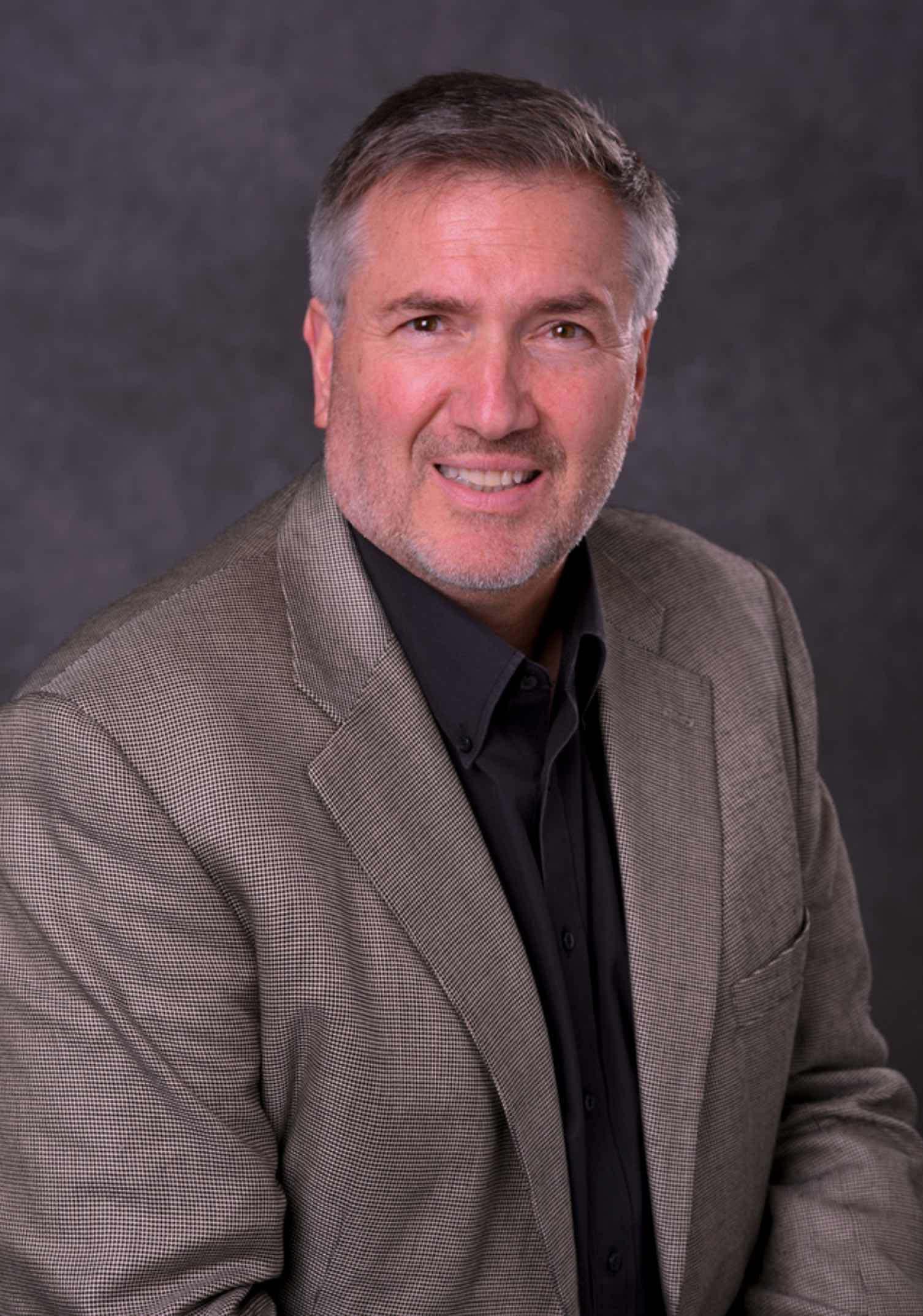 Christopher H Contag, PhD
Christopher H Contag, PhD
Engineering synthetic organelles for imaging and cellular control, Michigan State University
contagch@msu.eduDr. Contag is the inaugural chair of the Department of Biomedical Engineering and founding Director of the Institute for Quantitative Health Science and Engineering (IQ) at Michigan State University. Dr. Contag joined the faculty of Michigan State University in 2017 as the James and Kathleen Cornelius Chair in the Departments of Biomedical Engineering and Microbiology & Molecular Genetics, with an adjunct appointment in the Center for Bioethics and Social Justice at MSU. Dr. Contag is also Professor emeritus in the Department of Pediatrics at Stanford University. Dr. Contag received his B.S. in Biology from the University of Minnesota, St. Paul in 1982. He received his Ph.D. in Microbiology from the University of Minnesota, Minneapolis in 1988. He did his postdoctoral training at Stanford University from 1990-1994, and then joined Stanford faculty in 1995 where he was professor in the Departments of Pediatrics, Radiology, Bioengineering and Microbiology & Immunology until 2016. Dr. Contag is a pioneer in the field of molecular imaging and is developing imaging approaches aimed at revealing cellular and molecular processes in living subjects, including humans, and advancing therapeutic strategies through imaging. He is a founding member and past president of the Society for Molecular Imaging (SMI, now part of WMIS), and recipient of the Achievement Award from the SMI for his contributions to imaging, and the Britton Chance Award from SPIE for his fundamental contributions to optics. Dr. Contag is a Fellow of the World Molecular Imaging Society (WMIS) and the past President of WMIS. Dr. Contag was a founder of Xenogen Corp. (now part of PerkinElmer) established to commercialize innovative imaging tools for biomedicine. He is also a founder of BioEclipse—a cancer therapy company, PixelGear—a point-of-care pathology company, and EXOForce—a company developing exoskeletons for athletics and military applications.
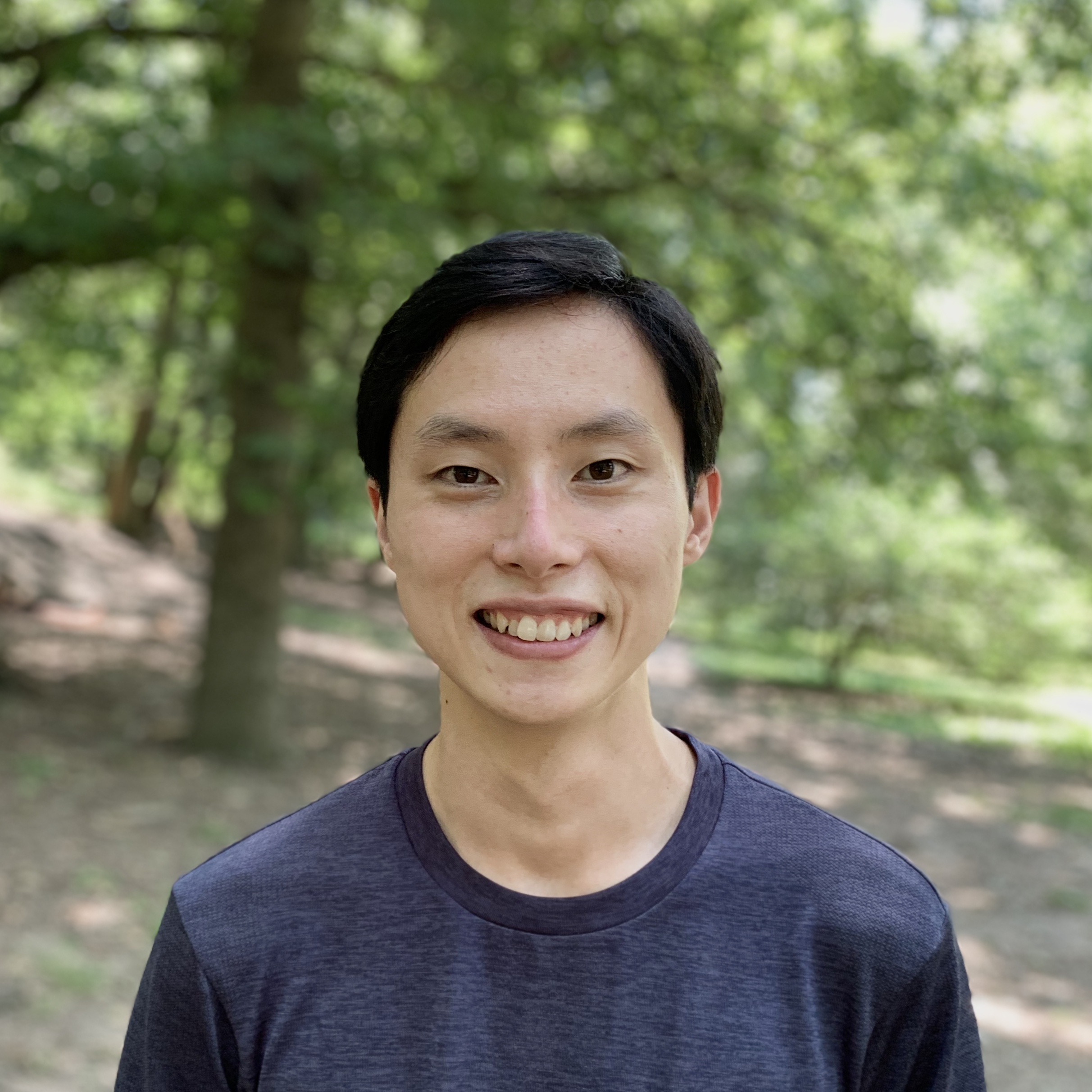 Tetsuhiro Harimoto, Ph.D.
Tetsuhiro Harimoto, Ph.D.
Postdoctoral Fellow, Harvard UniversityTetsuhiro received his Ph.D. in Biomedical Engineering from Columbia University in 2022. His graduate work in Dr. Tal Danino’s lab focused on the engineering of living microbes as advanced drug delivery vehicles, with a specific focus on tumor-homing bacteria as cancer therapeutics. Currently, Tetsuhiro is an NCI F99/K00 postdoctoral fellow in the Wyss Institute for Biologically Inspired Engineering at Harvard University. Working with Dr. David Mooney, Tetsuhiro is developing engineered living materials as next-generation drug delivery systems. Tetsuhiro was named as one of STAT's Wunderkinds and recognized in MIT Technology Review’s Innovators Under 35 in 2023.
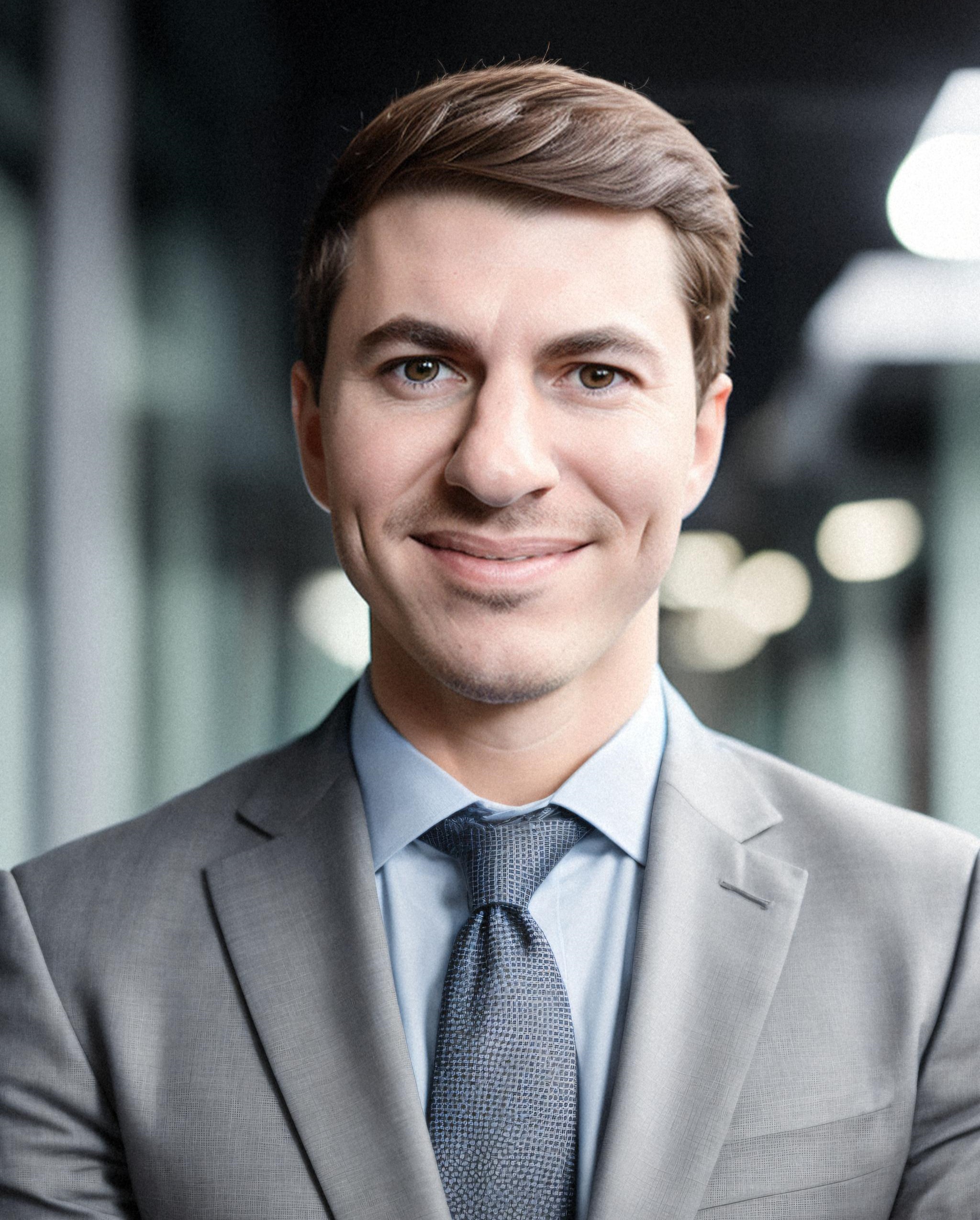
Nick obtained a B.S. in Genetics and Molecular Biology from the University of Wisconsin-Madison in 2012. During his predoctoral work, he trained with Dr. Paul Sondel, where he worked on the development and preclinical testing of novel immunotherapeutic agents for the treatment of neuroblastoma. Nick obtained a Ph.D. in Biomedical Science from the University of California San Diego in 2019. During his doctoral studies in the laboratory of Dr. Pradipta Ghosh, he studied a novel protein family of heterotrimeric G protein modulators and their role in normal and oncogenic signal transduction. Nick is currently a postdoctoral fellow in the laboratory of Alice Ting at Stanford University where he is developing novel synthetic receptors for the study and treatment of complex diseases, including cancer. Nick is a recipient of the Ruth L. Kirschstein National Research Service Award (NRSA) Individual Postdoctoral Fellowship (F32) from the National Cancer Institute.
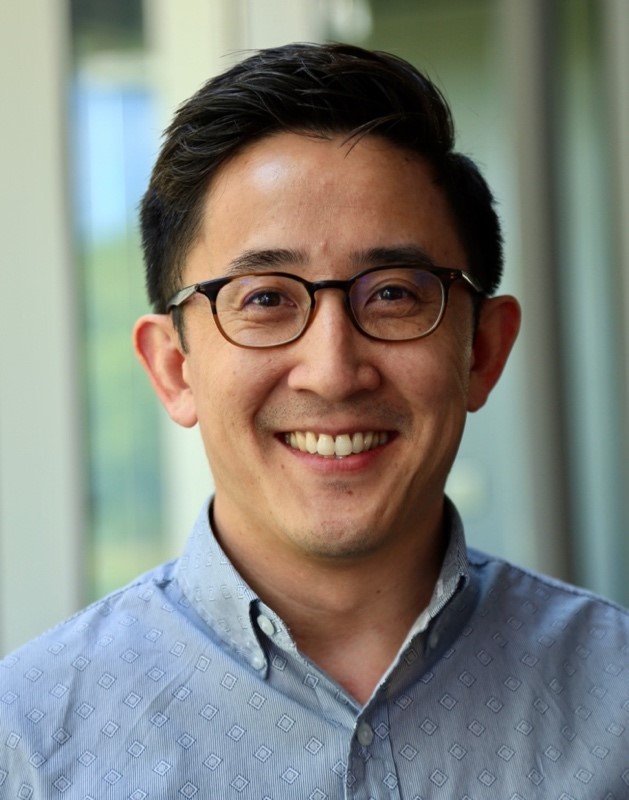 Gabriel Kwong, Ph.D.
Gabriel Kwong, Ph.D.
Associate Professor , Department of Biomedical Engineering Georgia Tech and Emory School of Medicine
gkwong@gatech.eduDr. Kwong is an Associate Professor in the Wallace H. Coulter Department of Biomedical Engineering at Georgia Tech and Emory University. He earned his B.S. from UC Berkeley and his Ph.D. from Caltech both in Bioengineering. His research program is centered at the interface of bioengineering, immunology and medicine. His group pioneers cell therapies and biosensors to address frontier challenges in cancer, transplantation medicine, and infectious diseases. Among his distinctions, Dr. Kwong is a recipient of the NIH Director's New Innovator and Pioneer Awards, and currently leads the $49.5 million Cancer and Organ Degradome Atlas (CODA) project, a multi-institutional research enterprise supported by ARPA-H to revolutionize multi-cancer early detection. Dr. Kwong co-founded two biotechnology companies, and holds over 35 issued or pending patents.
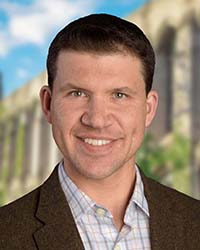 Joshua N Leonard, Ph.D.
Joshua N Leonard, Ph.D.
Professor of Chemical and Biological Engineering, Northwestern UniversityLeonard is Charles Deering McCormick Professor of Teaching Excellence at Northwestern University. Leonard trained in chemical engineering (B.S. from Stanford University, Ph.D. from the University of California Berkeley) and immunology (postdoctoral fellowship at the National Cancer Institute’s Experimental Immunology Branch). Leonard’s group invents and develops novel technologies enabling next-generation biological therapies. Leonard is an early pioneer in mammalian synthetic biology, and his group develops technologies including synthetic receptors and genetic control systems enabling programmable cell-based therapies for cancer and novel gene therapy platforms including bioengineered nanoscale vesicles. Leonard is a founder of Northwestern’s Center for Synthetic Biology. He is actively engaged in the development of national science policy, testifying as an expert witness before the U.S. House of Representatives and serving as a council and board member of the Engineering Biology Research Consortium. He fosters training, entrepreneurship, and industrial impact as director of Northwestern’s NIH-funded Biotechnology Training Program (T32) and entrepreneurial activity as a founder and officer of his biotech startup, Syenex.
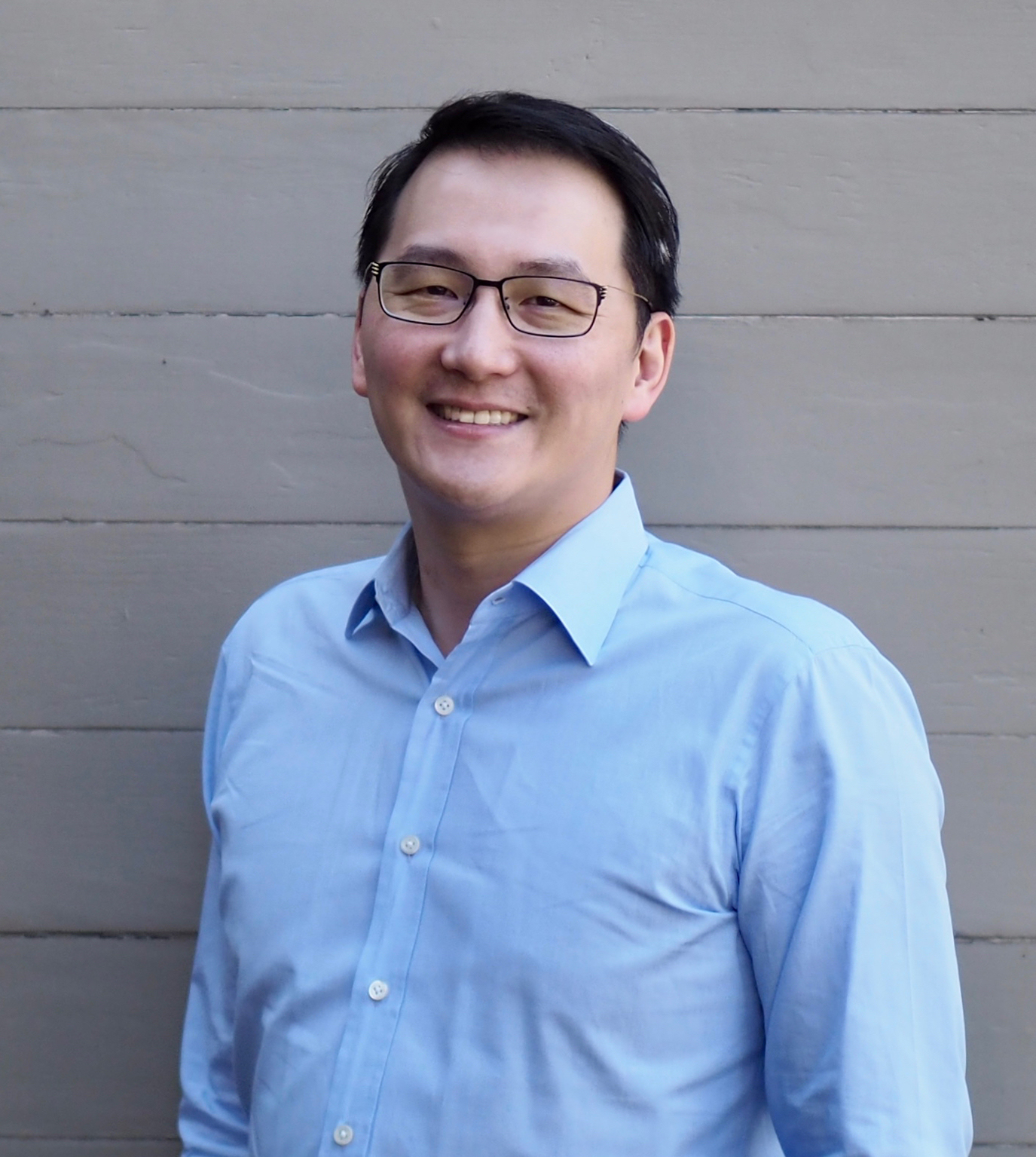
Timothy Lu is CEO and Co-Founder of Senti Biosciences, a biotechnology company applying synthetic biology to create next-generation cell and gene therapies. Tim graduated with his SB and MEng from MIT, and his MD/PhD from the Harvard-MIT Health Sciences and Technology program. Tim joined the MIT faculty in 2010 leading the Synthetic Biology Group in the Department of Electrical Engineering and Computer Science and the Department of Biological Engineering at MIT. He is a co-founder of multiple biotechnology companies innovating new diagnostic and therapeutic technologies for human health, including Senti Biosciences, Eligo Biosciences, BiomX, Tango Therapeutics, Engine Biosciences, and others.
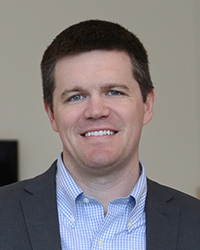
Dr. Kevin McHugh is an Assistant Professor and CPRIT Scholar in Cancer Research in the Department of Bioengineering at Rice University whose work has been featured in journals including Science, Science Translational Materials, Advanced Materials, and PNAS. Dr. McHugh received his B.S. in Biomedical Engineering from Case Western Reserve University in 2009, where he worked with Dr. James M. Anderson to evaluate the biocompatibility of biomaterial devices. Next, he earned his Ph.D. in Biomedical Engineering from Boston University in 2014 where his Ph.D. work focused on developing retinal tissue engineering scaffolds for dry age-related macular degeneration. He then joined Dr. Robert Langer’s Laboratory at the Massachusetts Institute of Technology (MIT) as a Ruth L. Kirschstein Postdoctoral Fellow where he developed vaccine delivery systems to improve patient access in low-resource environments. At Rice University, Dr. McHugh’s lab is broadly interested in developing translational technologies for cancer, infectious disease, and other chronic conditions, employing cutting-edge techniques in chemistry, microfabrication, and genome editing.
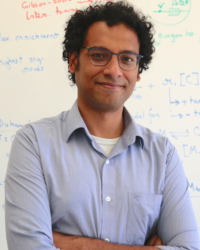
Arnab Mukherjee is an Assistant Professor of Chemical Engineering & Biological Engineering at the University of California, Santa Barbara. Prior to arriving at UCSB, Dr. Mukherjee completed a James G. Boswell fellowship in Molecular Engineering at Caltech (working with Prof. Mikhail Shapiro) and obtained his Ph.D. in chemical and biomolecular engineering from the University of Illinois, Urbana-Champaign. The primary focus of the research in Dr. Mukherjee's laboratory is the development of genetic reporters for precise measurements of biological functions, largely using magnetic resonance imaging (MRI). This research program aims to address the need for innovative genetic tools to unravel the functional architecture of complex biological systems, such as the mammalian brain; and advance the clinical development of gene- and cell-based therapies for various cancers and central nervous system disorders. The Mukherjee lab's research is highly interdisciplinary, incorporating concepts from molecular engineering, synthetic biology, chemical biology, and biomedical imaging to create novel genetic technologies.. Research in the Mukherjee group has been consistently supported by the NIH, Army, and foundations and recognized with notable awards, including an Outstanding Young Investigator Award (NIH MIRA), a Discovery Award from the DoD, the NARSAD Young Investigator Award from the Brain & Behavior Research Foundation, and a 2022 Scialog Fellows award in Advanced Bioimaging.
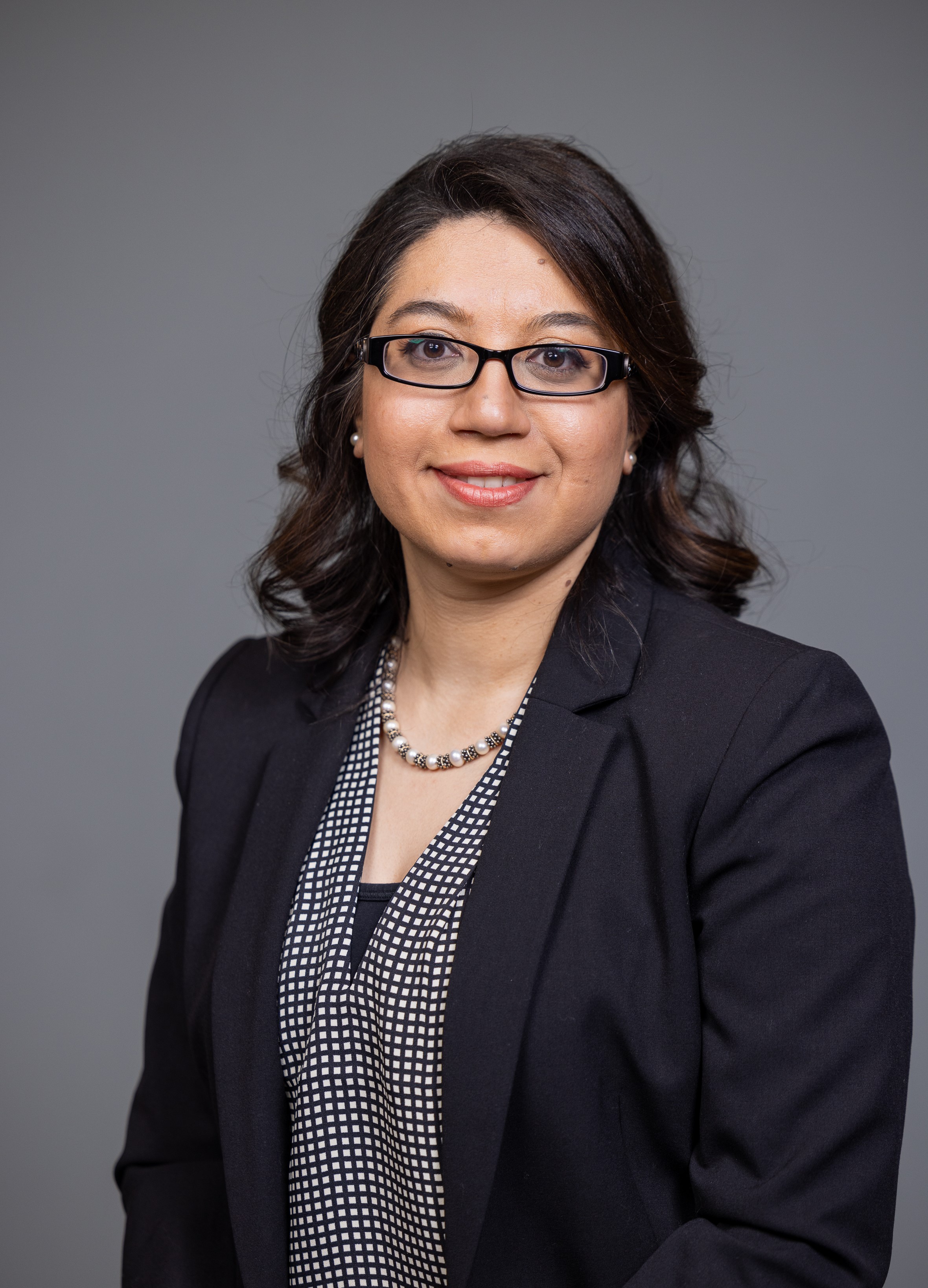 Hamideh Parhiz, PharmD., PhD.
Hamideh Parhiz, PharmD., PhD.
Research Assistant Professor, University of PennsylvaniaHamideh Parhiz, PharmD, Ph.D. is a Research Assistant Professor in the Perelman School of Medicine at the University of Pennsylvania where she leads the targeted LNP delivery program. Her expertise is developing novel nucleic acid delivery systems including a new generation of targeted LNP-mRNA therapeutics for a variety of non-vaccine applications such as blood gene disorders, cancer, fibrosis, and acute inflammatory conditions. Hamideh’s work has resulted in the publication of more than 40 papers including two papers in Science magazine and several patents. Her work in designing an efficient targeted LNP-mRNA platform is now the basis for academic programs as well as industrial product developments in companies such as Capstan Therapeutics.
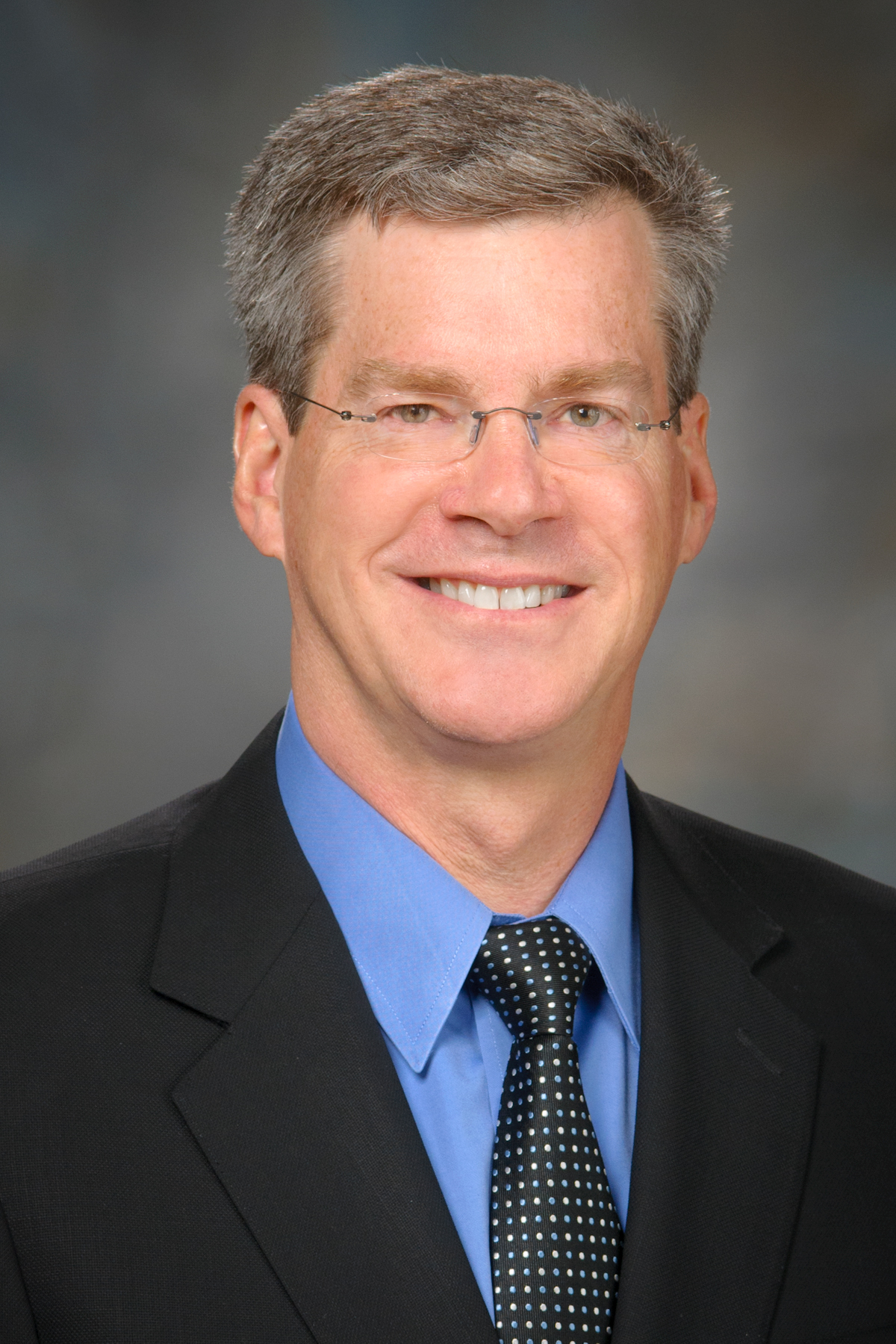 David Piwnica-Worms, M.D., Ph.D,
David Piwnica-Worms, M.D., Ph.D,
Professor and Chair, Department of Cancer Systems Imaging, University of Texas MD Anderson Cancer Center
dpiwnica-worms@mdanderson.orgDr. Piwnica-Worms has been involved with biochemistry and molecular imaging research for more than 35 years. His research focuses on the development and use of non-invasive imaging technologies to advance the understanding of human health and disease. A pioneer in the field of molecular imaging, Dr. Piwnica-Worms created several innovative genetically-encoded reporter strategies to visually capture and measure biological processes in living animals, model systems and humans at the molecular and cellular level using remote imaging detection methods, such as positron emission tomography (PET), fluorescence, and bioluminescence imaging. These non-invasive imaging strategies can interrogate protein processing, protein-protein interactions, gene expression and flux through metabolic pathways in real-time in cells, live animals, and are increasingly useful in understanding signal transduction and pathobiology of disease to facilitate development of effective therapies. Most recently, his lab has focused on targeting innate immunity in cancer and inflammation.
Dr. Piwnica-Worms received his M.D./Ph.D. degrees from Duke University, and completed residency training in Radiology at the Brigham and Women’s Hospital. Before joining MD Anderson 10 years ago, he was a faculty member at Washington University Medical School in St. Louis for nearly 20 years as director of the Molecular Imaging Center and the BRIGHT Institute (Bridging Research with Imaging, Genomics and High-throughput Technologies). He is a founding Fellow of the Society for Molecular Imaging, an elected Fellow of the American Association for the Advancement of Science, and an elected Member of the National Academy of Medicine.
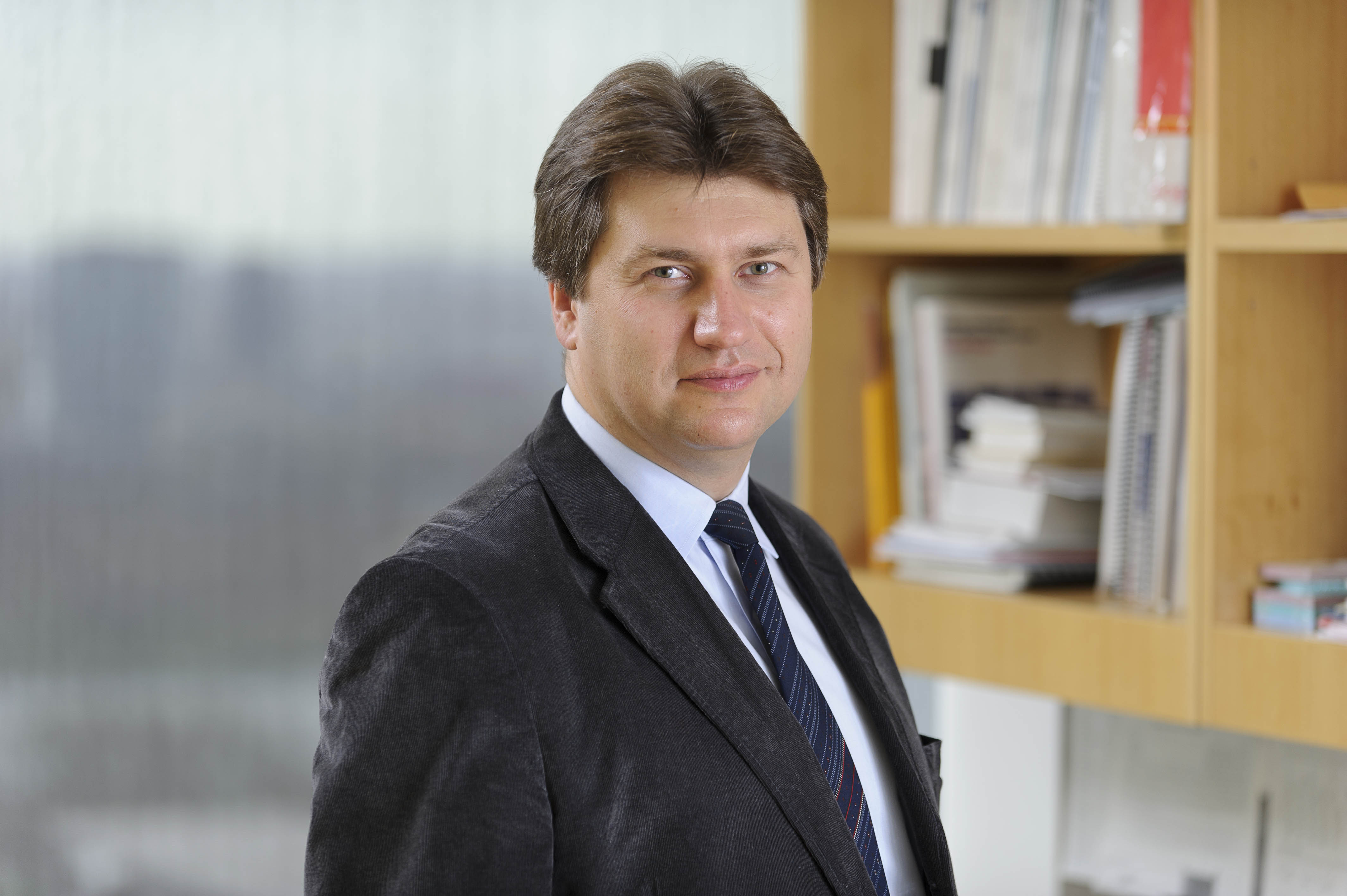 Vladimir Ponomarev, MD, PhD
Vladimir Ponomarev, MD, PhD
Aassociate Attending, Memorial Sloan Kettering Cancer Center
ponomarv@mskcc.orgVladimir Ponomarev MD, PhD is an Associate Attending within the Department of Radiology at Memorial Sloan Kettering Cancer Center, who focuses on the development of new multimodal imaging approaches for specific applications, such as sequential in vivo imaging studies in cancer biology, cancer immunotherapy, and radiation sciences. His lab interests include developing widely applicable methods for in vivo, noninvasive imaging of molecular-biological processes in cancer-specific cell therapies and monitoring their efficacy using multimodality molecular imaging approaches, including optical, magnetic resonance, and nuclear techniques. Supported by the NIH, he has developed a significant individual research program focusing on theranostic applications of genetically targeted T-lymphocytes in cancer patients.
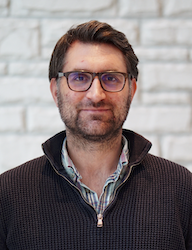
Dr. John Ronald is the Co-Director of the Imaging Laboratories at the Robarts Research Institute at Western University and an Associate Professor in Medical Biophysics. He completed his doctoral studies at Western and a postdoctoral fellowship at Stanford University. His lab combines advances in molecular and synthetic biology with multimodal imaging to build new tools for early detection and treatment of cancer, as well as non-invasive monitoring of cellular therapies. Recent advances have included monitoring of lentiviral-engineered and CRISPR-edited chimeric antigen receptor T (CAR-T) and NK (CAR-NK) cells and visualizing antigen-specific immune-cancer cell communication with molecular magnetic resonance imaging.
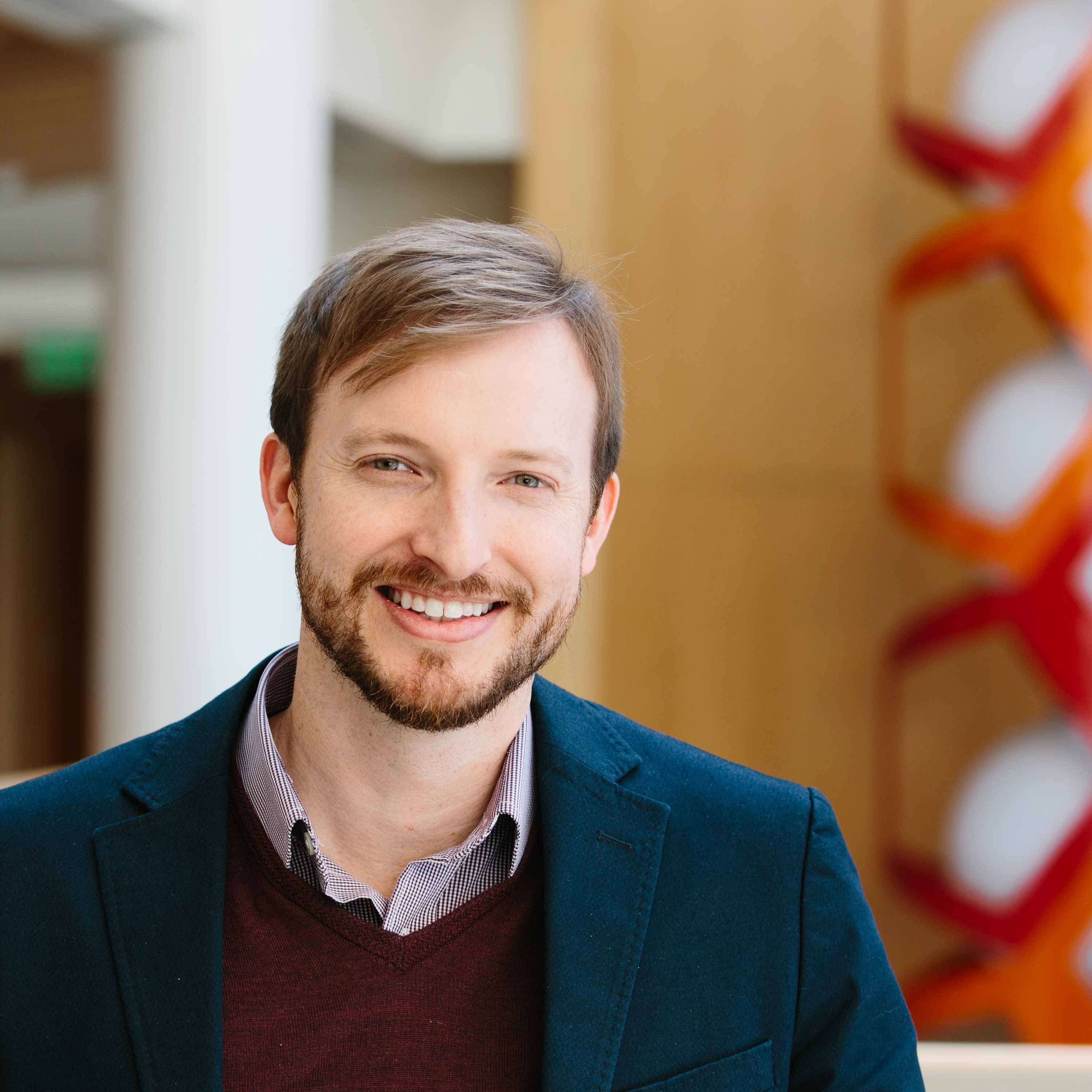 Kole Roybal, Ph.D.
Kole Roybal, Ph.D.
Associate Professor and Director, UCSF and the Parker Institute for Cancer ImmunotherapyDr. Roybal is the Director of the UCSF Parker Institute for Cancer Immunotherapy and an Associate Professor in the Department of Microbiology and Immunology. His lab has focused on the development of advanced engineered receptor systems (e.g. synNotch, SNIPRs, and CARs) that allow for the precise detection of tumors and the customization of the therapeutic response specifically at the site of disease. His mission is to engineer and distribute a comprehensive toolkit of clinically optimized molecular parts including new receptors and therapeutic signaling circuits that can be deployed in a broad range of cell-based therapeutics for diseases such as cancer and autoimmunity.
He was awarded the Sartorius and Science Magazine Prize for Regenerative Medicine and Cell Therapy in 2017, the NIH New Innovator Award in 2018, and the Cancer Research Institute STAR Award in 2022. He has also founded next-generation cell therapy companies based on his body of work including Cell Design Labs (now a Gilead company), Arsenal Bio, Dispatch Therapeutics, and Moonlight Bio.
 Mark A Sellmyer, M.D., Ph.D.
Mark A Sellmyer, M.D., Ph.D.
Assistant Professor of Radiology and Biochemistry & Biophysics, University of Pennsylvania
mark.sellmyer@pennmedicine.upenn.eduDr. Mark A. Sellmyer is an Assistant Professor in the Radiology Department with a secondary appointment in the Department of Biochemistry & Biophysics at the University of Pennsylvania (UPenn) Perelman School of Medicine. He received his B.S. in Chemistry from M.I.T. in 2004 (research with Dr. Joe Jacobson) and his MD/PhD in Chemical and Systems Biology (Drs. Tom Wandless and Chris Contag) from the Stanford Medical Scientist Training Program in 2012. His residency was in Diagnostic Radiology at UPenn in the T32 research track residency and his fellowship was in Nuclear Medicine. He clinical mentor was Dr. David Mankoff and post-doc research mentor was Dr. Robert H. Mach. Since 2018, he has been an attending physician in the Nuclear Medicine Imaging and Therapy Division at UPenn in the tenure track. His lab works on chemical tool development for basic biologic research as well as translational imaging, including nuclear imaging strategies for gene and cell therapies, oncologic imaging, and infectious diseases. Recently his group developed the eDHFR/trimethoprim positron emission tomography (PET) reporter gene and radiopharmaceutical probe pair. In addition to imaging, they have further developed proteolysis targeted chimeric small molecules (PROTACs) based on the potential uses of eDHFR as a genetic tag. Technologies from his lab have been licensed commercially and recent radiopharmaceutical probes from his lab have been applied in human patients. He is a recipient of the NIH Director’s DP5 award, the Burrough’s Wellcome Fund Career Award for Medical Scientists, and R01 support from the NIH. He is the Co-Director of the Center for Translational Chemical Biology (CTCB) at UPenn and is on the executive committees for the Department of Radiology’s Small Animal Imaging Facility and PET Center.
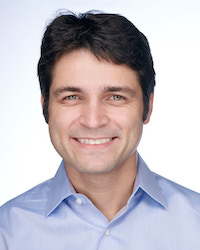 Mikhail G. Shapiro, Ph.D.
Mikhail G. Shapiro, Ph.D.
Max Delbrück Professor, CaltechMikhail Shapiro is the Max Delbrück Professor of Chemical Engineering and Medical Engineering, an HHMI Investigator, and Director of the Center for Molecular and Cellular Medicine at Caltech. The Shapiro laboratory develops biomolecular technologies allowing cells to be imaged and controlled inside the body using noninvasive methods such as ultrasound. These technologies enable the study of biological function in vivo and the development of cell-based and gene-based diagnostic and therapeutic agents. Mikhail received his PhD in Biological Engineering from MIT and his BSc in Neuroscience from Brown. He conducted post-doctoral research at the University of Chicago and the University of California, Berkeley, where he was a Miller Fellow. Mikhail’s awards include the NIH Pioneer Award, the Packard Fellowship, the Pew Scholarship, the Vilcek Prize for Creative Promise, the Sontag Foundation Distinguished Scientist Award, the Mark Foundation Emerging Leader Award, the Camille Dreyfus Teacher-Scholar Award, the Carl Hellmuth Hertz Ultrasonics Award and the Roger Tsien Award for Excellence in Chemical Biology. More information about the Shapiro Lab can be found online at shapirolab.caltech.edu.
 Jerzy O Szablowski, PhD
Jerzy O Szablowski, PhD
Accelerating the therapeutic discovery through noninvasive monitoring of the brain, Rice University
js170@rice.eduJerzy Szablowski is an Assistant Professor of Bioengineering and a core member of Neuroengineering Initiative at Rice University where he leads the Laboratory for Noninvasive Neuroengineering. He received his B.Sc. in Biological Engineering from MIT in 2009. Throughout the studies he worked on engineering protein contrast agents for MRI in collaboration with Alan Jasanoff’s, Robert Langer, Frances Arnold’s research groups, and on developing light activated receptors in Ed Boyden’s synthetic neurobiology group. He received his Ph.D. in Bioengineering at Caltech, while working with Peter Dervan in 2015 on programmable therapeutics for modulating gene expression in animal models of cancer. During postdoctoral fellowship in Shapiro Laboratory at Caltech, he developed Acoustically Targeted Chemogenetics (ATAC) the first method enabling noninvasive neuromodulation with simultaneous spatial, cell-type, molecular, and temporal precision. In his laboratory he aims to accelerate discovery of drugs for brain disorders through reengineering the existing therapy development pipelines. To achieve this, he uses molecular technologies for noninvasive control, monitoring, and therapy of the brain. He is a recipient of a number of awards, including the Packard Fellowship for Science and Engineering, DARPA Young Faculty Award (YFA), NIH NIBIB Trailblazer, NARSAD Young Investigator, NIH Director’s New Innovator award (DP2), and others.
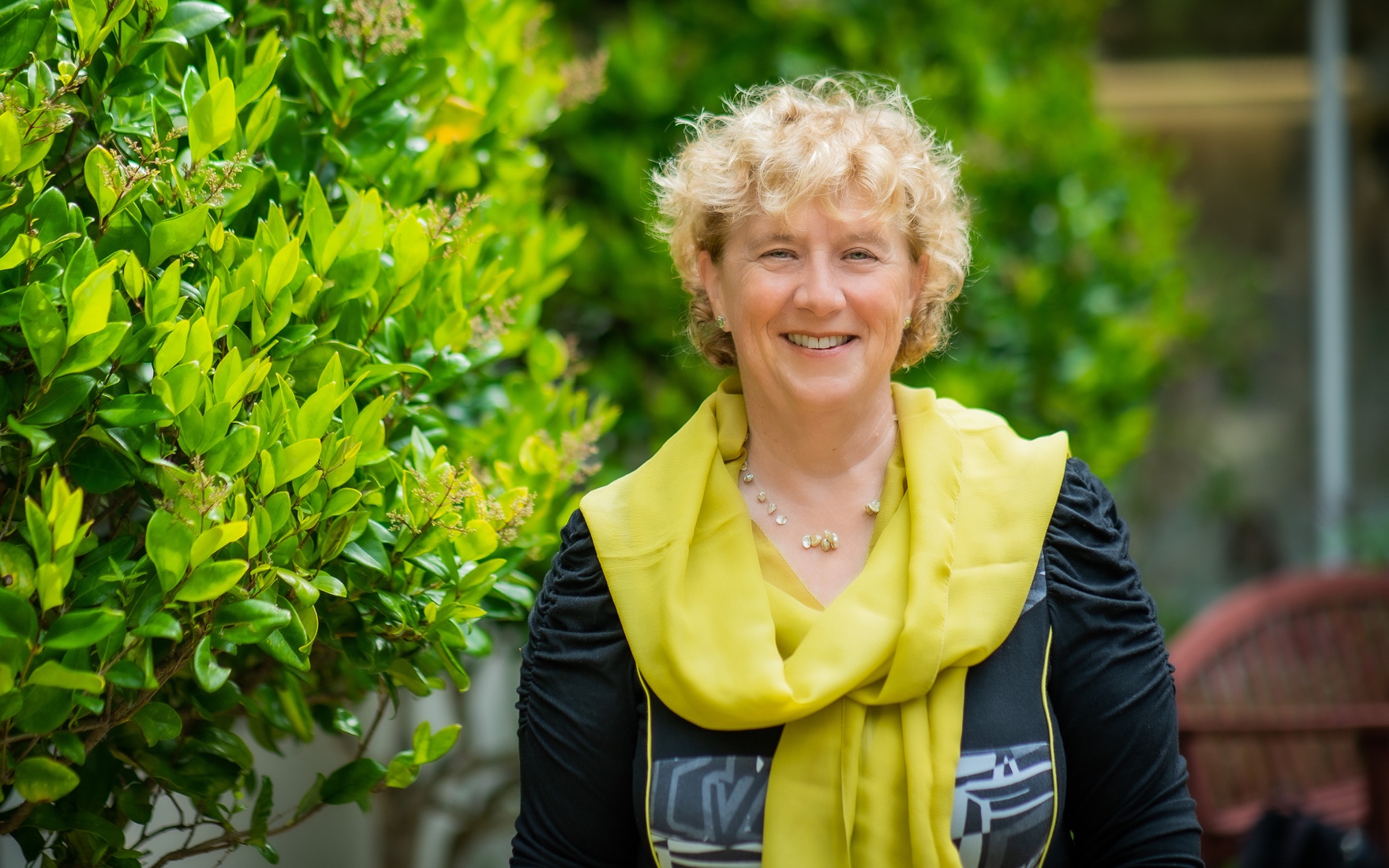 Laura J van 't Veer, Ph.D.
Laura J van 't Veer, Ph.D.
Strategies to augment imaging features by circulating tumor DNA assessment, University California San FranciscoDr. Laura van ‘t Veer, PhD, is a world-renowned molecular biologist whose research focuses on precision medicine to advance patient management. She is co-leader of the Breast Oncology Program at the University of California San Francisco, USA. She co-founded in 2003 the biotech company Agendia (Amsterdam, The Netherlands and Irvine, CA USA), a spin-off of the Netherlands Cancer Institute. From 1991-2010 she was employed at the Netherlands Cancer Institute-Antoni van Leeuwenhoek Ziekenhuis, Amsterdam, where she instigated the Department of Molecular Pathology (1993), the Hereditary Cancer Clinic (1994), and was Division Leader Diagnostic Oncology (2007-2010). As co-inventor of MammaPrint, FDA 510K cleared since 2008, she has made a seminal impact on “rightsizing” the treatment of breast cancer, especially to indicate that a large proportion of patients can consider foregoing chemotherapy when the tumor is MammaPrint low risk. Dr. van ‘t Veer is currently in the US co-PI of the multicenter adaptive clinical trial I-SPY2 overseeing FDA-IDE ‘Response-Predictive-Subtyping’ companion diagnostics. This neo-adjuvant trial also explores ctDNA assessment as an early surrogate endpoint to monitor treatment response. Further, she leads the molecular risk assessment of the 55,000 women WISDOM study (Women Informed to Screen Dependent on Measures of Risk). She has over 330 peer-reviewed scientific articles and is a co-inventor of 10 patents. Dr. van 't Veer received many awards, among which the prestigious European Union Women Innovator Award, 2nd prize in 2014, the 2015 European Patent Office Inventor Award, is a 2020 PMWC Luminary Award recipient, and a 2020 Giants of Cancer Care awardee.
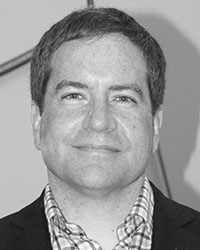 David M. Wilson, M.D., Ph.D.
David M. Wilson, M.D., Ph.D.
Antigen-dependent inducible T-cell reporter system for PET imaging of cancer., University of California San Francisco
David.m.wilson@ucsf.eduDr. Wilson is a Professor in the Department of Radiology and Biomedical Imaging at University of California, San Francisco (UCSF) and is faculty in the UCSF Chemistry and Chemical Biology (CCB) graduate program. His M.D. and Ph.D. were from Columbia University, where he trained under Professor Ronald Breslow, a pioneer in biomimetic chemistry. Dr. Wilson is an attending clinical neuroradiologist, and Associate Director of the UCSF T32 program. He is also the Director of the Chemistry, Probes and Molecular Therapy (CPMT) specialized resource group (SRG) reporting directly to the Chair. Dr. Wilson’s lab has exploited bacteria-specific metabolism for developing numerous bacteria-targeted techniques using PET, hyperpolarized 13C spectroscopy, and deuterium metabolic imaging. Imaging agents developed by his group include [11C]D-methionine, [11C]D-alanine, [11C]PABA, [18F]N-acetylmuramic acid, several [18F]-labeled disaccharides generated via chemoenzymatic radiosyntheses including [2-18F]maltose, and [2-13C] hyperpolarized pyruvate/ 2H-enriched sugar alcohols for MRI. He has also worked in analyte sensing, including reactive oxygen species, formaldehyde, and the acidic tumoral microenvironment. Recently he has worked with Dr. Roybal and Shin to develop an inducible reporter system for therapeutic T-cell imaging based on the synthetic intramembrane proteolysis receptor (SNIPR).
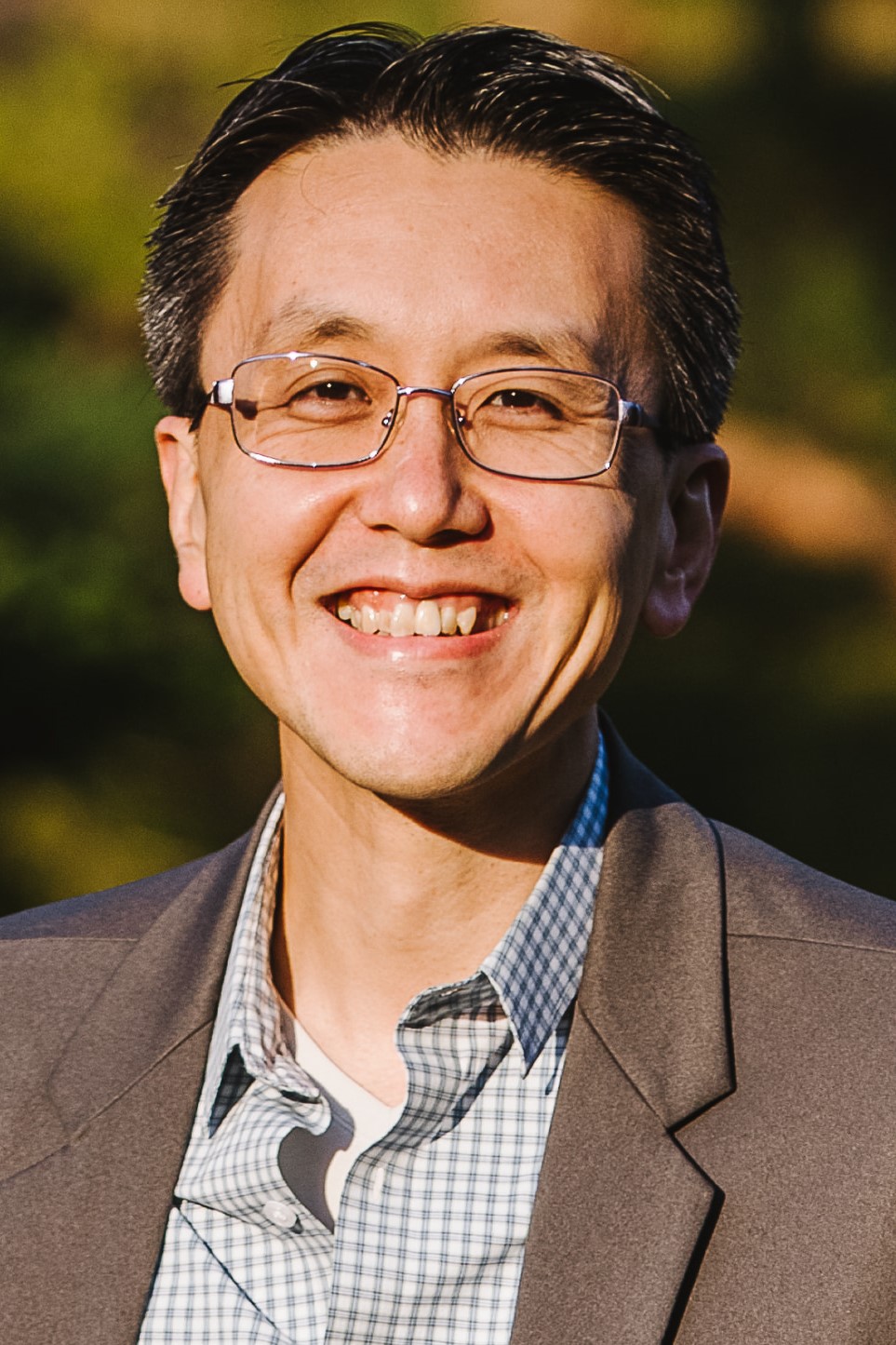
Dr. Wilson Wong is an Associate Professor of Biomedical Engineering and an Allen Distinguished Investigator at Boston University. He is an expert in immune cell engineering and synthetic biology for therapeutic applications. Dr. Wong’s research has been published in numerous high-impact journals, including Nature, Nature Biotechnology, Cell, and Cancer Cell. Dr. Wong has been recognized with multiple academic career awards, including the NIH New Innovator Award, the ACS Synthetic Biology Young Investigator Award, the NSF CAREER Award, and the Allen Distinguished Investigator Award. He has co-founded three companies, with one in the clinical stage. Dr. Wong has a BS in Chemical Engineering from the University of California, Berkeley, and a PhD in Chemical and Biomolecular Engineering from the University of California, Los Angeles. Dr. Wong completed his postdoctoral studies in the laboratory of Professor Wendell Lim at the University of California, San Francisco.
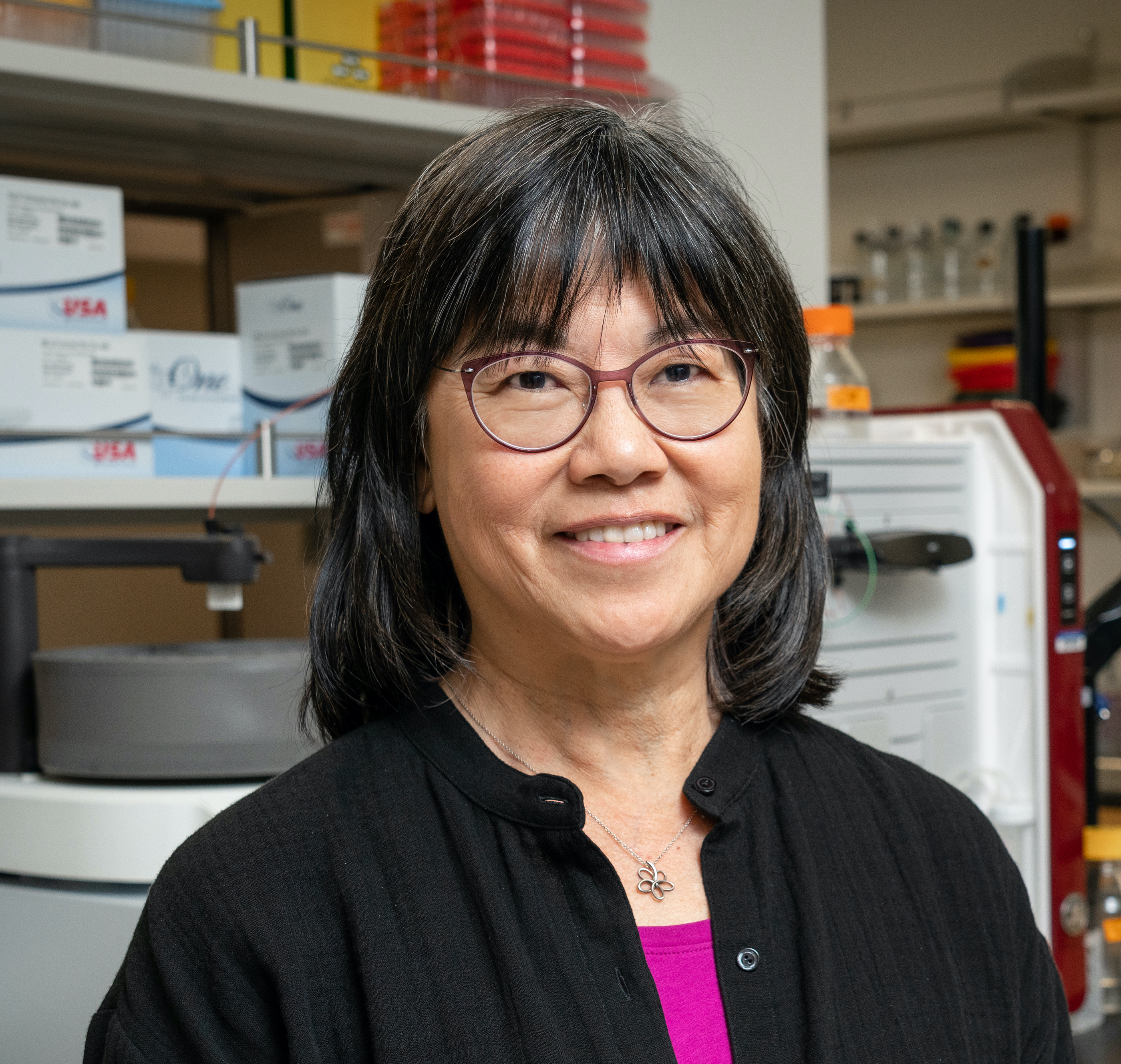 Anna M. Wu, Ph.D.
Anna M. Wu, Ph.D.
Professor and Chair, Immunology & Theranostics, Beckman Research Institute of City of Hope
awu@coh.orgAnna M. Wu, Ph.D, is Professor and Chair, Department of Immunology and Theranostics at the Beckman Research Institute of City of Hope and the Fouad Kandeel Chair in Diabetes and Metabolism Research, Arthur Riggs Diabetes and Metabolism Research Institute. She serves as Co-Director, Center for Theranostic Studies at the City of Hope. She previously served as Professor and Vice Chair, Department of Molecular and Medical Pharmacology, Geffen School of Medicine at UCLA, where she was also Director, Cancer Molecular Imaging Program, Jonsson Comprehensive Cancer Center and Co-Associate Director, Crump Institute for Molecular Imaging. She is a past Chair of the California Breast Cancer Research Council, Fellow and Past President of the World Molecular Imaging Society, and Fellow of the Society of Nuclear Medicine and Molecular Imaging. Dr. Wu’s research interests include engineered antibodies and proteins for targeting, imaging, and therapeutic applications in cancer and immunology, including the use of SPECT, PET, optical and multimodality and theranostic approaches. She is the Co-Founder of ImaginAb, Inc., which develops and commercializes radiolabeled antibodies for clinical use. Dr. Wu received her A.B. degree in Biochemical Sciences from Harvard University, and a Ph.D. from Yale University in Molecular Biophysics and Biochemistry. Postdoctoral studies were conducted at Yale University and at the University of California, San Francisco.
